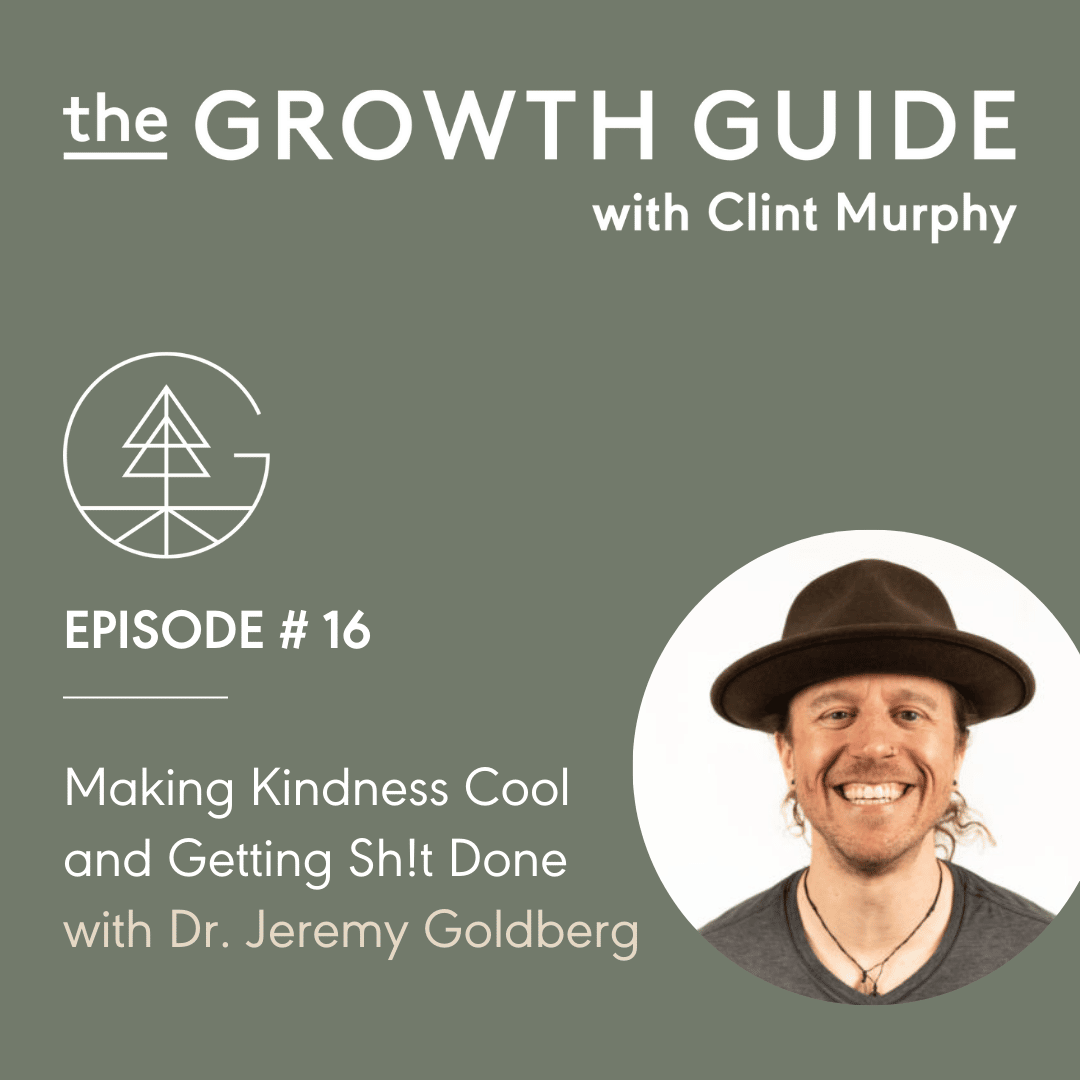About the Episode
We live in a world where people are so consumed by their traditional, busy lifestyles and don’t prioritize showing kindness and empathy toward one another. Our guest today is someone who has made it their philosophy and mission to make kindness cool, empathy popular, and compassion commonplace. Dr. Jeremy Goldberg, behavioral scientist, author, speaker, and mentor, joins us today to talk about his mission for kindness, empathy, and compassion. Throughout today’s episode, we dive deep into how the traditional definition of men leads to social issues, why we need to have more kindness, empathy, and compassion towards one another, and tips and tricks for getting things done and successfully achieving life goals.
Jeremy starts the discussion by sharing his thoughts on what inspires and influences him the most at the moment. We also talk about the book he’s writing, the inspiration behind it, and the main focus of the book. Getting into deeper topics, we talk about how most men don’t prioritize self-love and taking care of themselves. We dive into the social and cultural factors that contribute to this behavior and how to avoid it. Another issue that affects many men is that the traditional definition of manhood does not leave men with much room to express their emotions and vulnerable moments. This can lead to certain emotional issues among men and, in some cases, violence. We dive into why men’s tears should be normalized and how we can guide young boys to adopt a healthy, mature expression of masculinity.
Jeremy’s brand, Long Distance Love Bombs, was inspired by a fascinating experience of kindness and empathy. Jeremy talks about that moment from years ago and how it ultimately led him to start his unique movement.
Another area we focus on today is getting things done. Many of us come up with new ideas, goals, and other things we want to achieve, but we often struggle to start and get things running. Jermy talks about why it’s hard for many of us to start something new, how we get the kickstart we need by starting small, and how to break a big process down to baby steps in order to prevent ourselves from losing interest.
